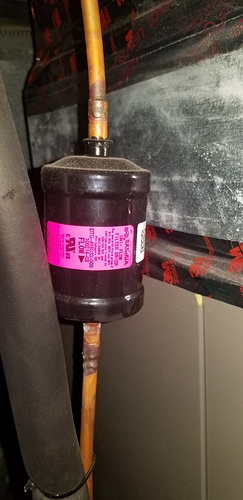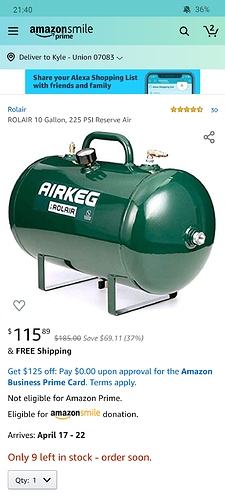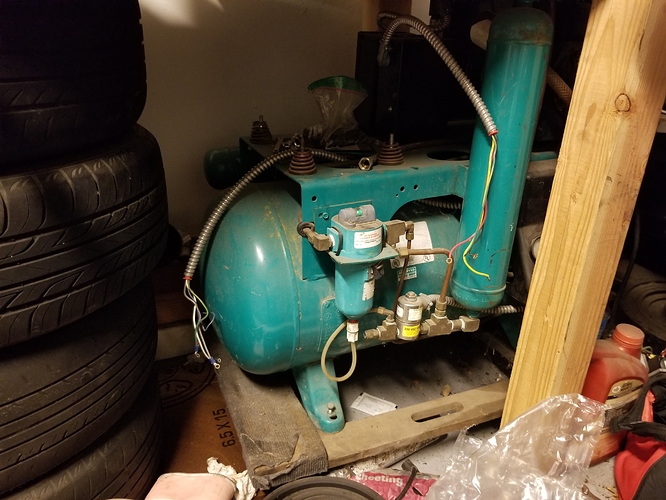I just use my compressor, but ive got to clean my system after i pressure test with my compressor because my compressor shoots out lubricants with the air.
If it is pressurized mid run *
I’m guessing your gasket is pinched! I had this happen once and it was at 20 psi it started to fail.
Old thread, but similar…so. Normal lab practice on gaskets is to grease them before installation. Extractors don’t do this, to avoid foreign materials in their extract.
I want to use PTFE gaskets, and was thinking about greasing them with olive oil, or vegetable oil, or MCT, or butter. Something edible, to assist with the seal.
Has anyone tried this? Did it help at all in getting the PTFE’s to seal?
Why not bho oil ![]()
Yeah, like that cruse doesn’t get on enough stuff as is. Would be messy, but that is a valid option.
err crude
I would expect the joints to be a bitch to break apart, if you did use crude. Just going from casual experience, a resin locked part is a PITA to separate. I have actually snapped glass pieces, due to resin lock.
Any other ideas?
Do you think this could be avoided by putting some sort of filter and/or desiccant dryer inline between your system and the compressor? Or by using a compressor with an oil free pump?
just like loctite red, cannabinoid based jar sealant is heat sensitive…
at 50C it moves just fine ![]()
that is why they sell that shit…
This is only a problem in my case because my compressor is splash lubricated and does not have an oil/water separator inline.
Buying a cheap oil less compressor specifically for the purpose of pressure testing isnt a bad idea.
My compressor gets pretty hot and condenses an astounding amount of water vapor in the time it takes to reach 175 psi tank pressure because my tank is so large. So without some kind of heat exchanger to cool down the compressed air or an inline oil/water separator, that small HVAC desiccant filter would most likely get saturated with water from a single pressure test.
Those small HVAC filters are meant to handle only a small amount of water vapor but do so very effectively. They are meant only to remove the minuscule amount of water may potentially be present inside the refrigerant lines.
Again this is just in my case because I’ve got nothing preventing water from condensing in my tank.
Why don’t you get a portable air tank? Let your compressor get up to its shut off, let the tank cool to drop some moisture out, fill portable tank, then pressurize system.
Two birds one stone, no oil, less water in the vapor.
I got one, I just haven’t pulled off the extra fixings that came with it. ![]()
As you can see I do have an oil/water separator, but its 1/4" fitting and my compressor has 3/4" fittings.
Been really debating on whether or not I should use it as a portable compressed air tank or use it as a vacuum reservoir. ![]()
I’m thinking about what’d I’d prefer outta the two, and I don’t know haha. I guess I’d tilt towards a vac vessel if I had to choose.
Me too. I dont have an explosion proof pump so it would be a pretty sweet solution for vacuum filtration. I could use my Alcatel to vac it down and it would provide a source of deep vac that would shit on my current solution.(water aspirator)
I use a harbor freight 3.5 gallon paint pot for the same purpose. It works quite well actually. I just took off the paint house fittings and replaced em with jic nipples.
I see some tires, I see an air compressor. Might I see your tools?


